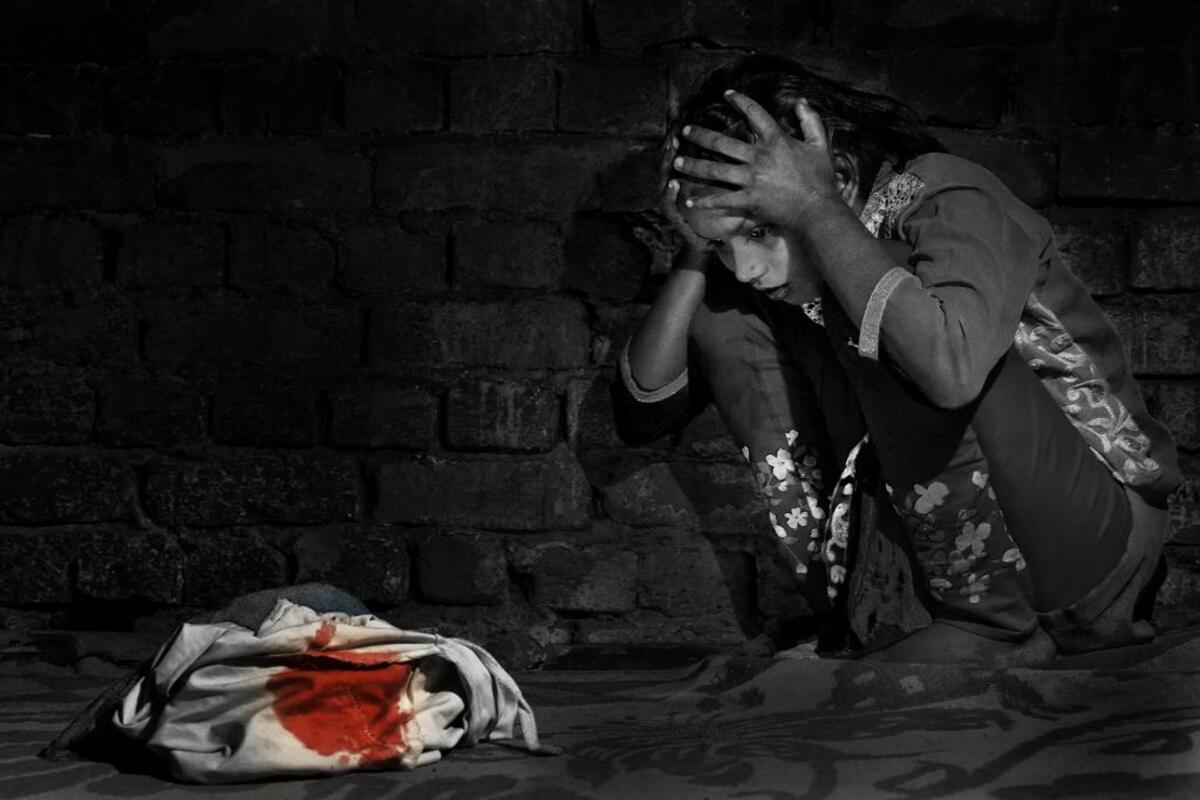A woman’s menstrual health is crucial to her well-being and also to the well-being of her family and community. But too often — especially in the developing world — mindsets, customs and institutional biases prevent women from getting the menstrual health care they need. Menstrual hygiene continues to be amongst the most challenging development issues today.
Menstruation is associated with the onset of puberty in girls and many a times, it brings with it rules, restrictions, isolation and changed expectations from the girls by the society. This changed attitude towards girls such as restrictions on their self expressions, schooling, mobility and freedom has far reaching consequences on the mindset of women.
Advertisement
Menstruation is still considered a taboo in the Indian society. Even today, the cultural and social influences on people create a major hurdle in ensuring that the adolescent girls are given proper knowledge on menstrual hygiene.
Even mothers are also reluctant to talk about this topic with their daughters and many of them lack scientific knowledge on puberty and menstruation.
The main reasons for this taboo still being relevant in the Indian society are high rate of illiteracy especially in girls, and that to more in rural areas. Poverty and lack of awareness about menstrual health and hygiene is the biggest issue. Only less than 18 per cent of Indian women use sanitary pads.
May 28 is observed as Menstrual Hygiene Day across the world. Though it is as normal as any other biological function of a human body, where the lining of the uterus breaks down and leaves the body through the vagina, it is still brushed under the carpet and not discussed openly.
The stigma associated with a woman bleeding every month leads to poor hygiene among a large section of rural women who use wood husk, leaves, paper and other such materials instead of sanitary napkins when on their periods. This cycle in a woman’s body leads to ovulation and reproduction and yet women feel ashamed and dirty discussing it openly.
According to the fourth National Family Health Survey (NFHS-4) in 2015-16, half the women in rural India (52%) do not use hygienic methods of protection during their menstrual period in India. Available data reveals that Menstrual Hygiene Management (MHM) remains deprioritized due to factors such as deep-seated social gender construct, cultural myths, and discriminatory traditions.
In India, only 48% of adolescent girls are aware of what menstruation is before getting their first period. Young people do not have access to reliable and correct information about their reproductive health and rights. The stigma around menstruation leads to parents, teachers and other community stakeholders being reluctant to talk about periods. An overall lack of scientific knowledge about menstruation also gives way to myths and misconceptions.
A 2016 landscape analysis titled Menstrual Health in India observed that of nearly 355 million girls in India who have reached menarche, 71 percent reported having no information about menstruation before their first period. The study further explains that many girls believe that they may be dying or ill, the first time they menstruate. Due to societal norms around gender and menstrual taboos, feelings of shame, impurity around their menstrual cycle are common amongst girls.
This is, no doubt, a consequence of greater attention to menstrual hygiene management over the past few years in India. This not only prevails in the Indian society but is a global issue.











